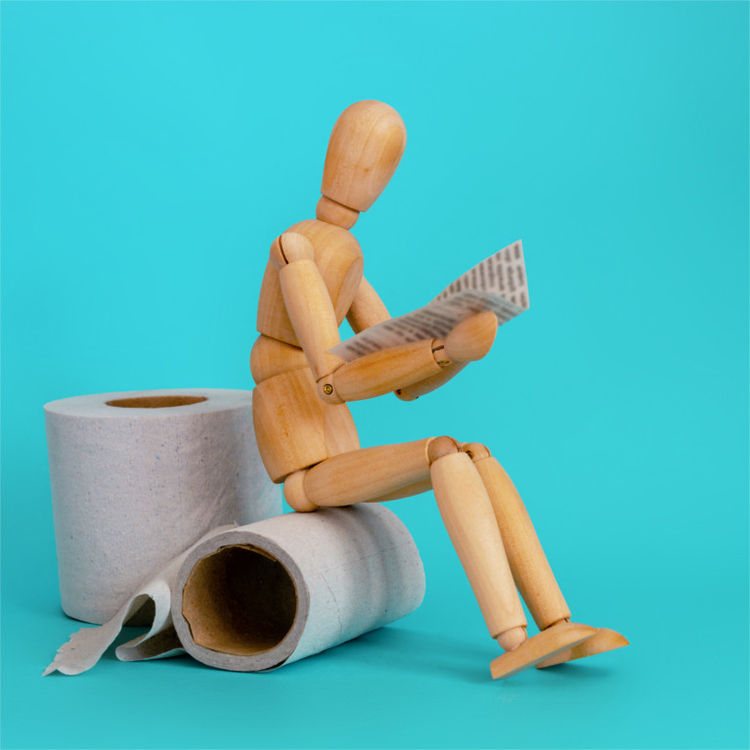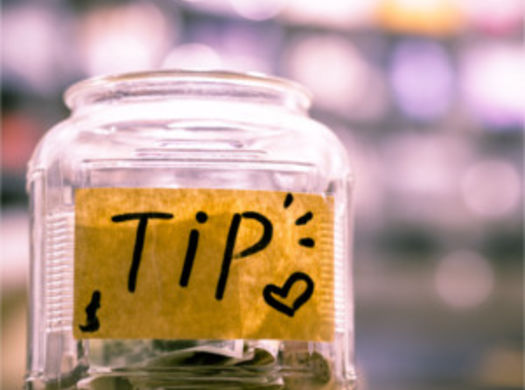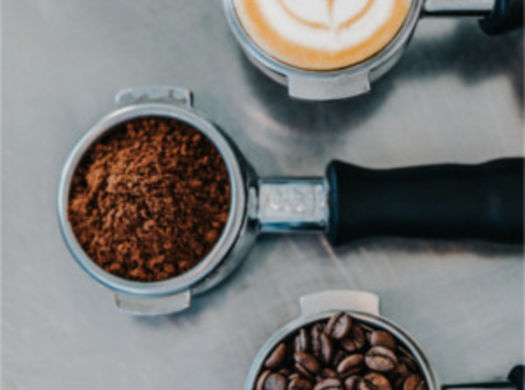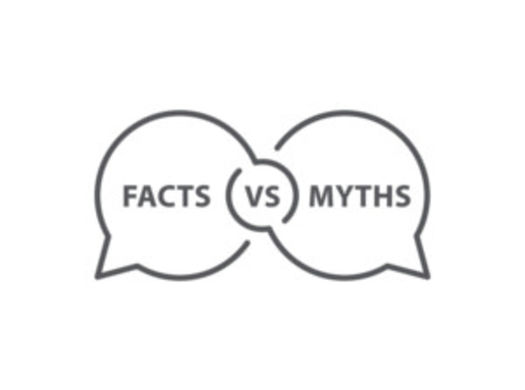Blog

Changes to bowel movements on the Keto Diet
No one likes to talk about it but it's important to understand how your bowel movements might change when you start out on the Keto Diet.
The first thing to remember is that changes to bowel movements are completely normal. When you make a change to your diet, it is normal that your body and your gut will respond to this as it learns a new way to digest new kinds of food. Some people can experience constipation whilst others swing in the opposite direction and experience diarrhoea.
The good news is that this is temporary as your body adjusts to a new diet and new way of eating. Most people find that, after the first few days, things settle and return to a regular pattern of movements but the pattern may change from previous. Most people do tend to find that they will become more regular with their bowel movements which is the sign of a healthy gut!!
Below are some of the reasons you might experience constipation or diarrhoea and how to minimise any discomfort or disruption to your life during the adjustment period. As always, our friendly team is here to help so if you are unsure or concerned at any point please do get in touch. We promise you, we have heard it all before!!
1. Changes to fibre intake
The Keto Diet and the Natural Ketosis diet does tend to be higher in fibre than most people are familiar with so the change can cause disruption to the digestive system. This will calm down naturally after a few days as the body learns to process the new fibre levels but if you are following the Natural Ketosis diet and don't see things settle down, please get in touch as some people can be sensitive to Inulin which is a fibre we use to naturally sweeten our bars and breakfasts so we can give you more personal advice.
2. Too much / not enough fat
A lot of people make the mistake of adding a lot of fat into their diet when going Keto which can be a lot for the body to process and can upset the gut. Too much fat can lead to uncomfortable bloating and constipation. On the flip side, some people shy away from fat. Whilst it can be hard to wrap our heads around the need for more fat on the Keto diet, it is essential. Not eating enough fat can not only lead to you feeling hungry but it reduces the amount of bile being produced by the liver. Bile is used to break down the fat consumed but it also acts as a lubricant for the colon which will help ease constipation. Adding fats into your diet gradually can help you to find the right balance and try to avoid any digestive discomfort along the way.
3. Not drinking enough water
One of the first things to happen when you start the Keto diet is the body burns stored glycogen for energy before switching to stored fat. Glycogen is stored in water in the body which is why, in the first few days, you may notice you are already much less bloated. You may hear this referred to as "losing water weight." But once this stored water is gone from the body you need to ensure you are drinking enough to keep yourself hydrated. Aim for around 2L of plain water per day to keep things moving.
4. Electrolyte imbalance
This is less likely to the cause of changes to your bowel movements but it is possible. It is more likely to affect you if you are particularly active. As you sweat, the body loses electrolytes, particularly magnesium, through sweat (that's what give sweat that salty taste.) Electrolyte imbalance can also occur after experiencing diarrhoea. If you think you are experiencing an electrolyte imbalance you can use a magnesium supplement or simply add a small pinch of good quality salt like rock salt or pink Himalayan salt to your meals.
5. Lack of movement
Physical movement helps the large intestine do its job more efficiently so if you are particularly inactive (think eating breakfast and lunch at your desk every day) chances are, you may experience a bout of constipation. Try being more active through the day and particularly after meals (even if it is just a quick 5 minute stand up and walk to the kitchen to grab a glass of water.) It will help your food to digest quicker and the faster it moves through your system, the less water can be absorbed making it easier to pass.
6. Too much caffeine
We don't recommend caffeine when on the Keto Diet as it stimulates the body in the same way sugar does but if you are consuming caffeine in high doses, this can cause a laxative effect. If you think this might be the case, try cutting back or switching to decaf and see if this helps. (It might also help you see better weight loss results!)
When making any change to your diet, do try to give it a few days for adjustment but we do know it can be uncomfortable and affect day to day life! Please do get in touch if you are concerned or unsure and we can help with more personalised advice. There are some supplements you can buy from your pharmacy or supermarket that can help to ease symptoms until things settle down which we are happy to advise to individuals.





